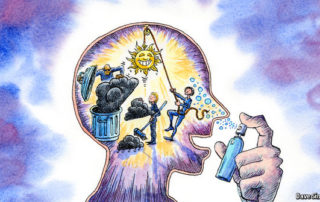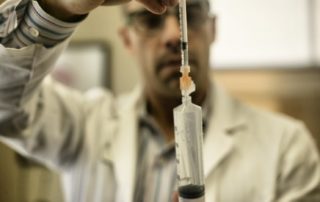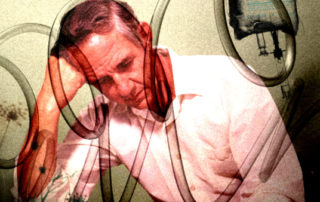Novel drugs for depression – A new generation of drugs could change the way depression is treated
IT STARTED out as LY110141. Its inventor, Eli Lilly, was not sure what to do with it. Eventually the company found that it seemed to make depressed people happier. So, with much publicity and clever branding, Prozac was born. Prozac would transform the treatment of depression and become the most widely prescribed antidepressant in history. Some users described it as “bottled sunshine”. It attained peak annual sales (in 1998) of $3 billion and at the last count had been used by 54m people in 90 countries. And, along the way, it embedded into the public consciousness a particular idea about how depression works.. The Economist





